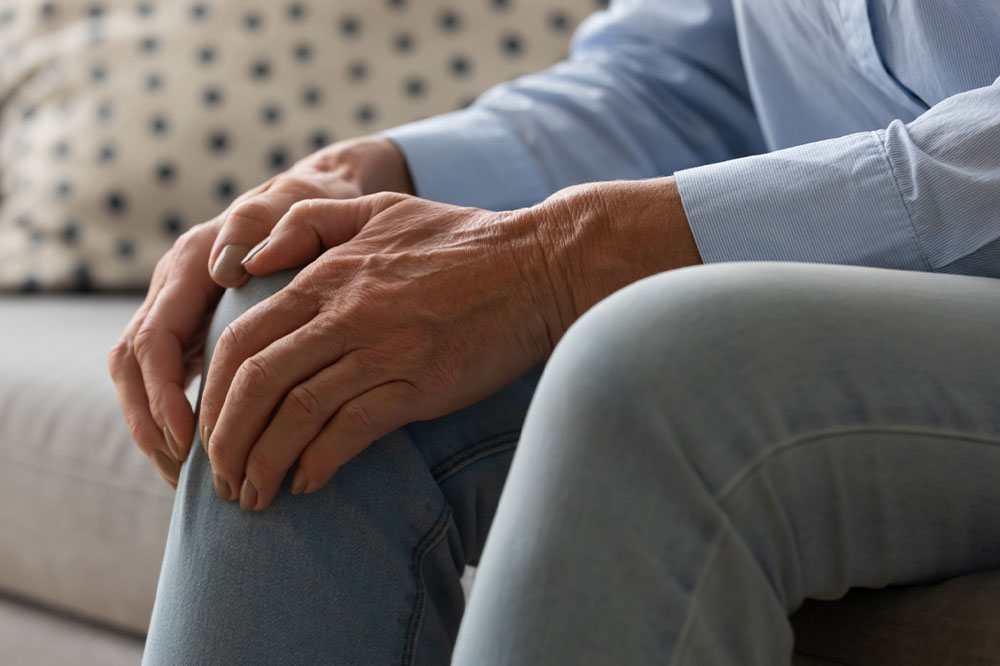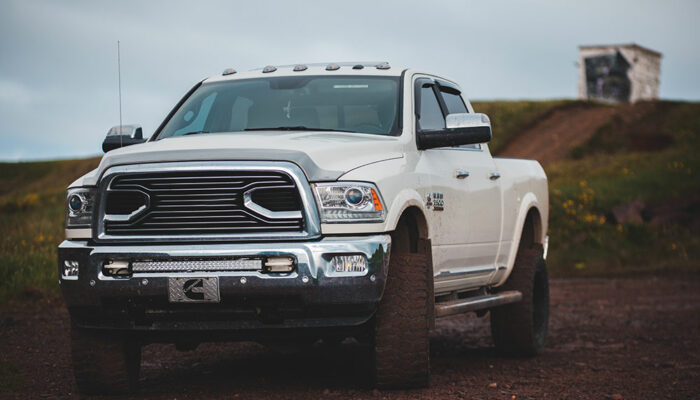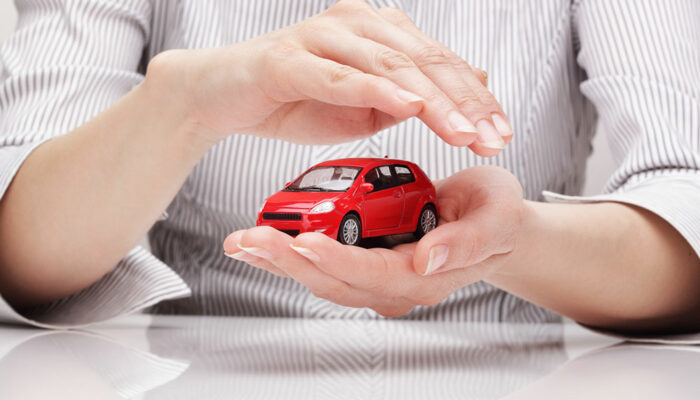5 early signs of bone weakening that require immediate attention

As we age, it is normal for loose skin elasticity and weakening of the bones, also known as osteoporosis. However, the condition may get noticed sooner if one pays close attention. Weak bones are often seen in elderly patients, but in some cases, people can lose bone density at a young age due to vitamin deficiency, poor eating habits, or cancer. So let’s learn more signs that indicate the weakening of the bones.
Brittle fingernails
Nails and bones have no direct connection, although brittle nails could indicate a weak bone condition. Also, if you regularly get your nails done, it contributes to the poor condition of your nails. It is better to get tested in time as brittle nails are a sign of weakening bones and developing conditions like osteoporosis.
Receding gums
Gums are another body part that can tell you how well your bones are doing. For example, receding gums could indicate that your body might lack the required amount of calcium or vitamin D. This is seen because the gums are losing their grip on the jaw bone. Therefore, if you experience receding gums, you should visit the dentist to seek appropriate treatment.
Lower back pain
A common symptom associated with loss of bone density is lower back pain. It is seen in aging patients and is likely to be diagnosed with osteoporosis. The increasing pressure on the lower vertebrae causes pain, and patients may experience collapsed or compressed vertebral columns.
Stooped posture
The weakening of bones can affect a person’s posture and bone health. For example, if you observe someone who has grown shorter by an inch or has developed a curve in their back, it might be a sign of bone weakening. Pain in the vertebrae could also be why a patient develops a stooped posture. Therefore, visiting the doctor to get the appropriate treatment is better.
Loosening grip
As the bones grow weaker, it can also affect the kind of grip and strength you have. The increasing porosity of the bones can also cause a person to have a weaker grip making it harder for patients to hold things.






